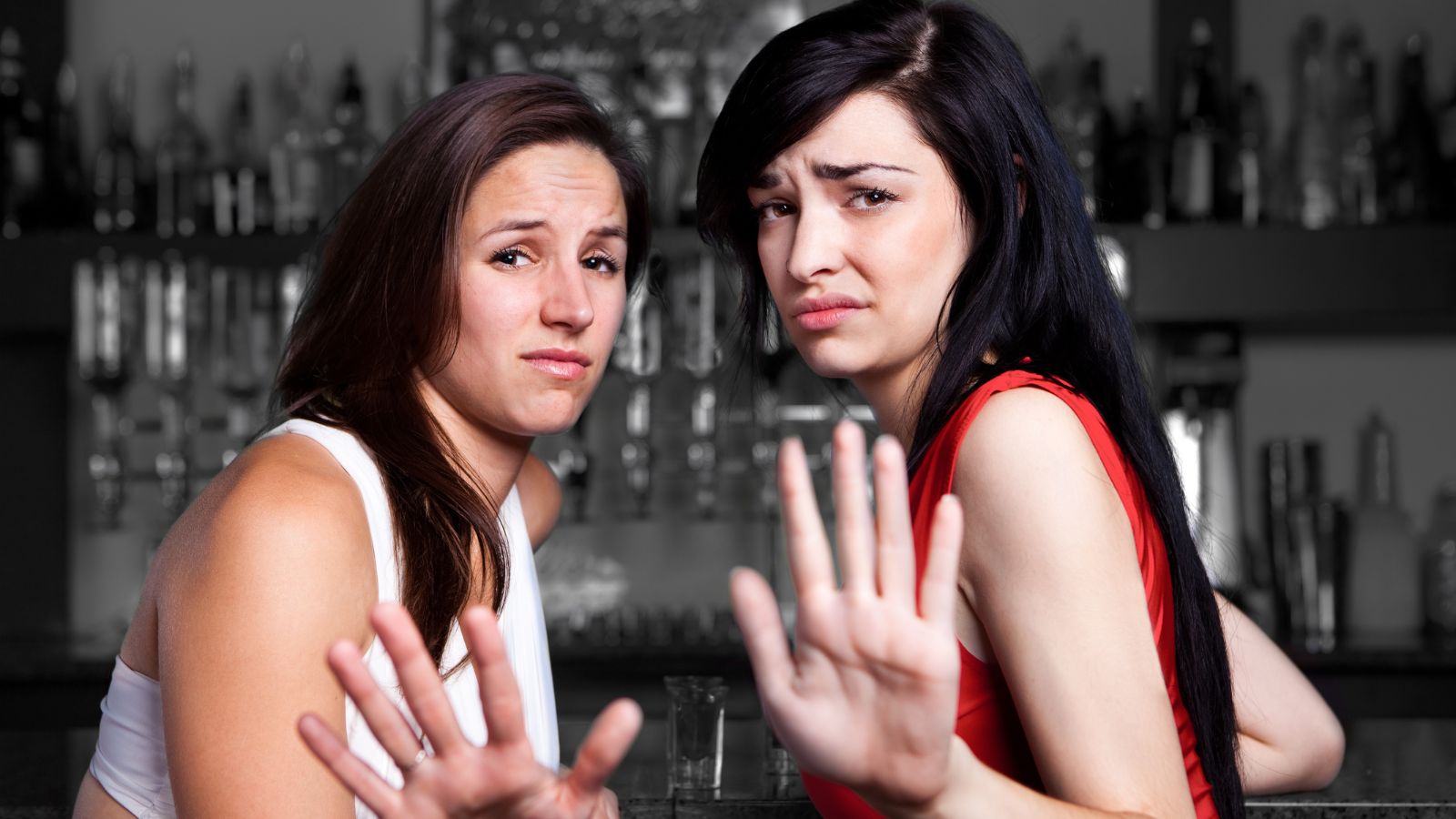In a world that has become increasingly aware of inclusivity, certain archaic terms need to be left behind. It’s time to embrace new ways of communicating to avoid offending or upsetting certain individuals or populations. Language is evolving, and so should we. Changing some of the terms that we use encourages inclusivity for all. Let’s take a look at a few commonly used terms that no longer have a place in society.
Gender-Neutral Terms
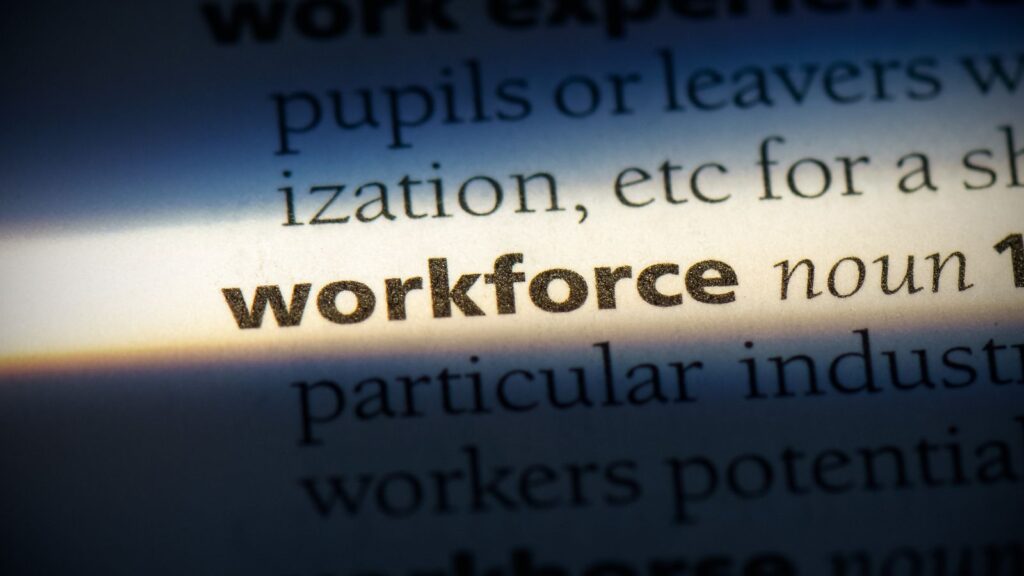
Using gender-neutral terms shows respect for all genders. It is no longer acceptable to use generalized terms to refer to a group of people. Instead of ‘manpower,’ try ‘workforce.’ Consider replacing ‘fireman’ with a more gender-fluent term like ‘firefighter.’ They’re small changes, but they make a big difference. People of all genders need to feel important.
Rethink Guys

While Americans have been using the term for decades, calling a mixed group ‘guys’ can now be deemed exclusive if there are varying genders present. Try more generalized terms like ‘everyone’ or ‘folks’ instead. It includes all genders and feels more welcoming. You’re much less likely to offend if you extend your message to everyone.
Avoiding Racial Insensitivity

Avoid using terms that have negative historical connotations. You can replace ‘master bedroom’ with ‘primary bedroom.’ You’ll also want to move away from offensive words like ‘blacklist’ and replace it with ‘blocklist.’ These subtle changes acknowledge and respect history.
Age is Just a Number

It can be patronizing to use terms like ‘senior citizen’ in the modern era. Few elderly people need reminding of their age. ‘Older adult’ is more respectful. It recognizes age without diminishing the person. Calling someone a senior citizen is an ageist remark in modern society.
Mental Health Awareness

It isn’t uncommon to hear people casually saying, ‘I'm OCD’ or ‘She's bipolar.’ Terms like these trivialize serious conditions. Swap them for phrases like ‘detail-oriented’ or ‘she has bipolar disorder’ to show sensitivity and respect. Those who live with these conditions understand the complications that come with them.
Disability-Friendly Language

Certain words that were once thrown around freely have now become offensive to disabled populations. Words like ‘crippled’ or ‘handicapped’ are outdated and unacceptable in most modern settings. Use ‘person with a disability’ or ‘accessible’ instead. It puts the person first, not the disability. They’re entitled to an identity beyond their disability.
Cultural Sensitivity
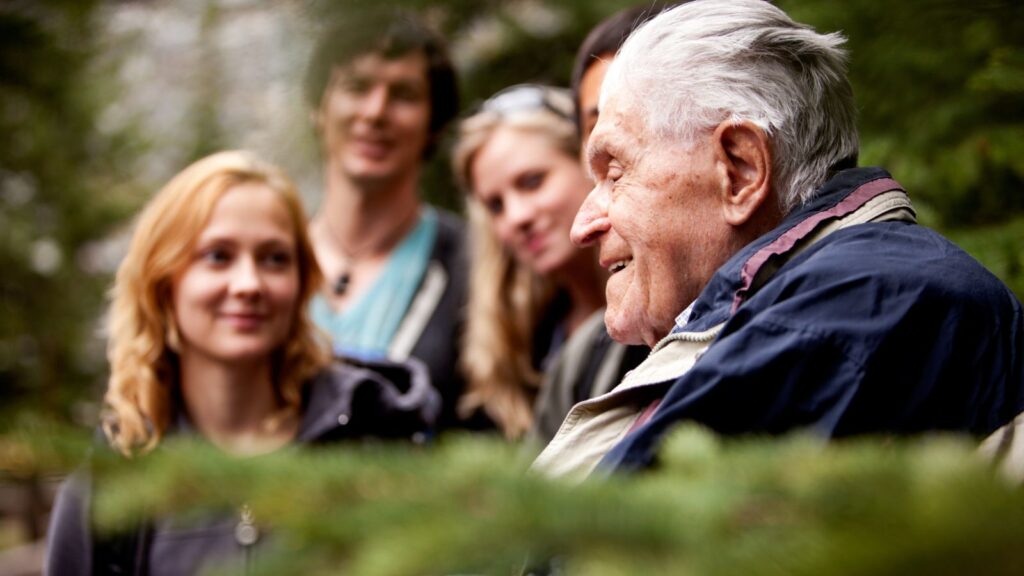
Borrowing terms from other cultures can be disrespectful and a damaging form of cultural appropriation to indigenous tribes. ‘Spirit Animal’ has deep cultural significance. Unless you’re deeply involved in spiritual work, use ‘role model’ or ‘inspiration’ instead. It's about showing respect.
No More Crazy

Calling something or someone ‘crazy’ can be hurtful. Words like ‘wild’ or ‘unusual’ can convey the same meaning without the negative connotation. The word crazy perpetuates mental health stigma and can build barriers for people seeking treatment. It’s important to be a part of the solution, not the problem.
Basket Case Negativity

You might have heard people using the term ‘Basket Case’ to describe a social outcast. The term has historical connotations and was used during WWI to describe soldiers who were so severely injured that they could fit into a basket. It’s a harsh reminder, so try to avoid using it at all costs.
Lame Isn’t Good
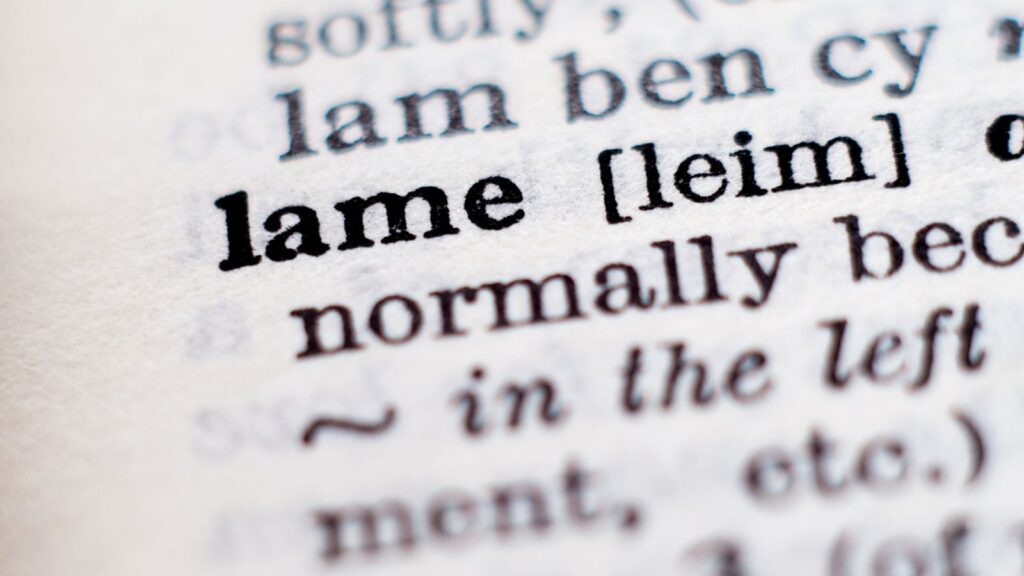
The word ‘Lame’ can often be used to describe something boring or unfulfilling. It’s important to remember that it was once used to describe physical disabilities. Now, it's better to say ‘unimpressive’ or ‘boring.' It’s about avoiding words that can hurt.
Gyp is Offensive
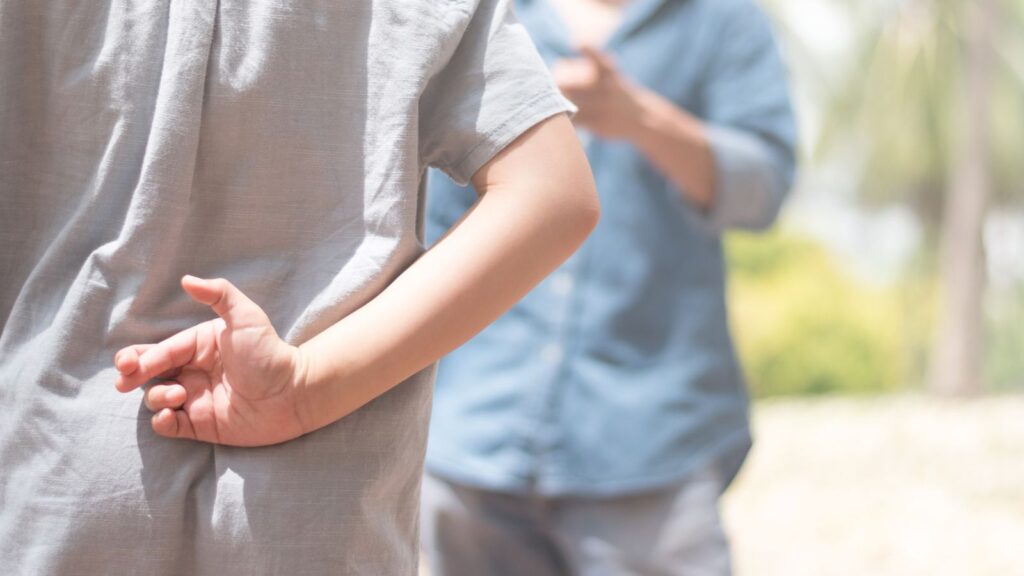
‘Gyp’ or ‘gyped’ comes from a derogatory term for the Romani people and is now considered a racial slur. It’s used to describe being cheated or ripped off, so opt for words like ‘cheat’ or ‘swindle’ instead. It’s a small change that makes a big difference.
Tribe Has Meaning

Many modern individuals use the term ‘Tribe’ to describe a friend group. The word has deep cultural significance and can be disrespectful. Say ‘team’ or ‘community’ instead. You’ll avoid undermining the social, legal, and political status of tribes.
Tone Deaf Isn’t Just a Phrase

Being tone-deaf is a real disability for certain individuals. To use the term loosely when describing poor vocal tuning is a generalization and can be offensive to those with genuine hearing impairments. Try to avoid using the term altogether.
Hysterical is Historical

The term ‘Hysterical’ has sexist roots. It was once used to describe women as overly emotional. Women have often been wrongly accused of being over-dramatic, so this term is offensive. ‘Hilarious’ is a better choice.
Avoiding Powwow

‘Powwow’ is a term from Native American culture. Using it for a casual meeting can be disrespectful as powwows represent deeply spiritual celebrations to Indigenous groups. Say ‘meeting’ or ‘gathering’ instead.
Nuts is Not Cool
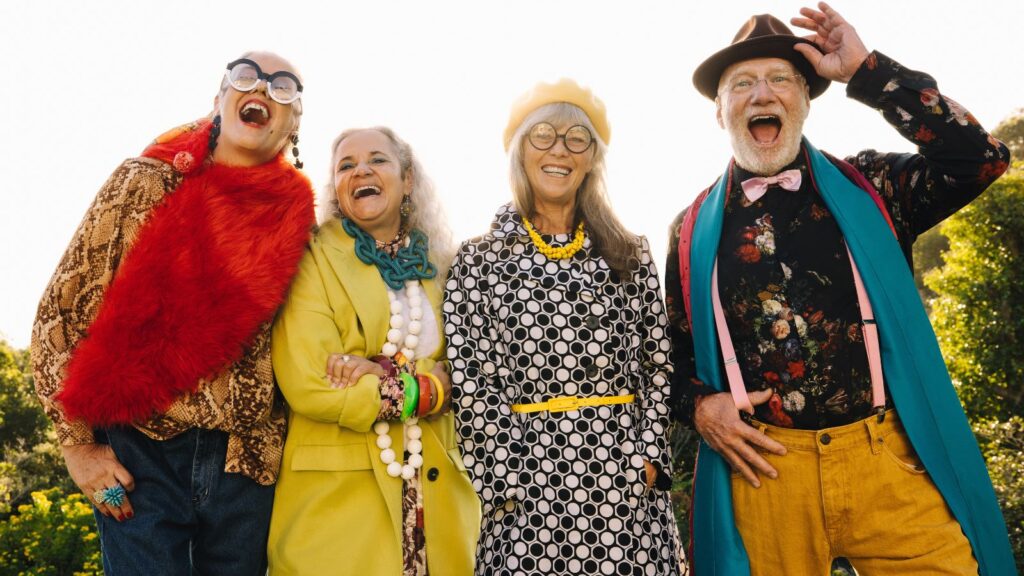
Calling someone ‘Nuts’ might seem funny in the moment, but it can be offensive to those with genuine mental health issues. ‘Eccentric’ or ‘quirky’ are better options.
Dummy Isn’t Nice

‘Dummy’ is often used to describe someone as unintelligent. It’s offensive. In describing individuals who cannot speak, the term ‘Dumb’ has now been replaced with ‘Mute’ or ‘Non-Vocal.’
Eskimo No More
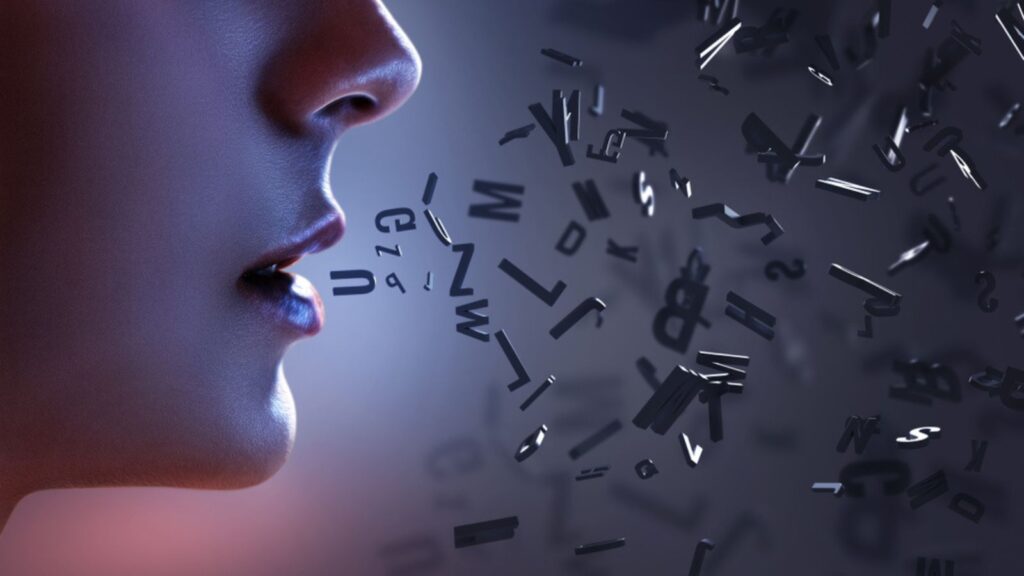
‘Eskimo’ is outdated and offensive. It was never used by indigenous tribes but by European settlers in the northern circumpolar region. Use ‘Inuit’ or ‘Yupik’ instead. It’s more accurate and respectful.
Ghetto Isn’t an Adjective
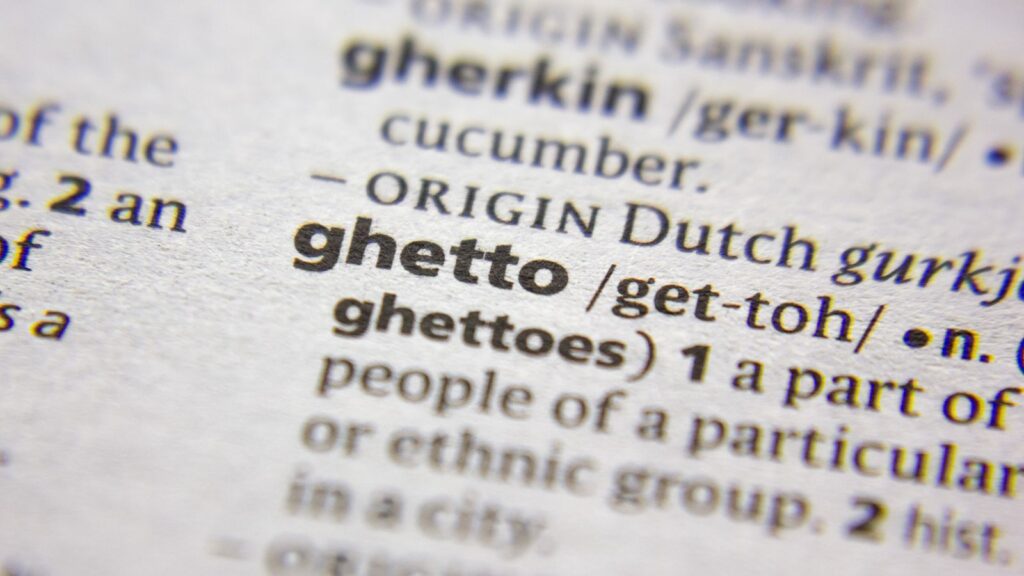
Using ‘ghetto’ to describe something cheap or low-quality is offensive. The term was once used to describe neighborhoods in which Jewish Europeans were confined during the Holocaust. It later became a term used to describe impoverished African American neighborhoods in America. Both explanations carry negative connotations. ‘Improvised’ or ‘makeshift’ are better choices.
Third World? Think Again

‘Third World’ is outdated and hierarchical. It’s better to use terms such as ‘Developing countries’ or ‘Global South’. These are much more respectful and accurate. ‘Third World’ only highlights the vast divide between superiority and inferiority within the world.
30 Traditional Sayings That Are Now Considered Offensive by Woke Culture

30 Traditional Sayings That Are Now Considered Offensive by Woke Culture
21 Habits Often Associated With Having a Lower Social Status

21 Habits Often Associated With Having a Lower Social Status
25 Social Issues Gen Z are Determined to Cancel

